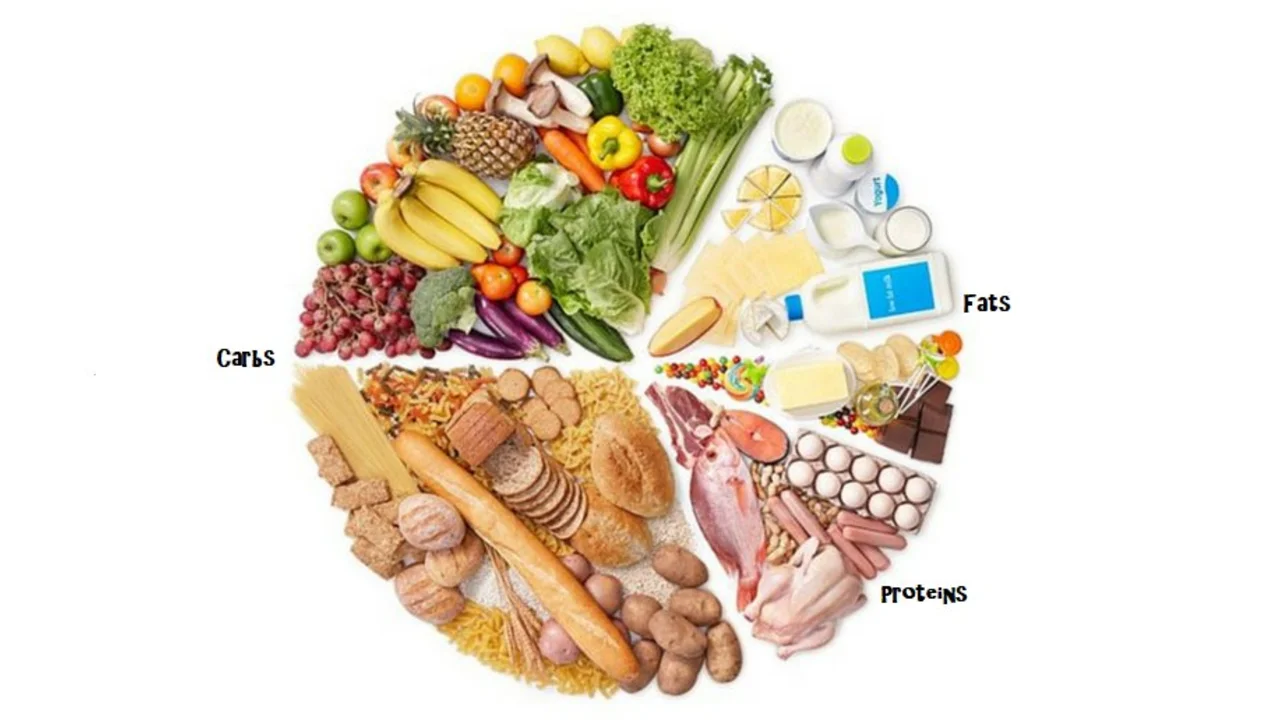Drug-Nutrition Interactions: What You Need to Know
Ever taken a pill and wondered why it didn’t work the way you expected? Chances are something you ate or a supplement you popped changed the game. Food and nutrition can boost, block, or even side‑track a medication’s effect. Knowing the basics helps you stay safe and get the most out of your prescriptions.
Common Food‑Drug Interactions
Some foods are famous for messing with meds. Grapefruit juice, for example, can raise the level of many drugs in your blood, leading to stronger effects or unwanted side effects. If you’re on a cholesterol‑lowering statin like atorvastatin or a blood pressure medicine such as amlodipine, skip the grapefruit in the morning.
Dairy products contain calcium that can bind to certain antibiotics (like tetracycline or ciprofloxacin) and make them less absorbable. A glass of milk right after taking the pill could mean you need a higher dose – not what you want. The same goes for iron supplements; they don’t play well with levothyroxine, the thyroid hormone replacement. Take those at opposite times of day.
High‑salt meals can blunt the action of diuretics, while large amounts of vitamin K (found in leafy greens) can offset blood thinners like warfarin. If you’re on a blood thinner, keep your green veggie intake steady rather than swinging wildly from kale salads to none at all.
Supplements That Can Change Medication Effects
Herbal and natural supplements are often seen as harmless, but many have powerful pharmacological activity. Lousewort, a calming herb, can enhance the sedative effect of benzodiazepines such as Ativan. If you’re already taking a sleep aid, adding lousewort might leave you overly drowsy.
Canaigre (Rumex hymenosepalus) is rich in tannins and can irritate the stomach lining. When paired with NSAIDs like ibuprofen, the combination could increase the risk of ulcers. It’s better to separate them by at least a few hours.
Red yeast rice contains monacolin K, which is chemically identical to the prescription statin lovastatin. Taking it alongside a statin can push cholesterol levels too low and raise the chance of muscle pain. If you love your rice supplement, talk to a doctor before you start a statin.
Even vitamin C isn’t neutral. High doses can speed up the breakdown of some antihistamines (like cetirizine), making them less effective during allergy season. A modest amount with meals is fine, but mega‑doses right before your allergy pill isn’t.
What’s the easiest way to avoid surprises? Keep a simple log of what you eat, drink, and supplement around the time you take each medication. If you notice a pattern – say, a headache after a dairy‑rich breakfast while on antibiotics – you’ve likely caught an interaction.
Finally, always check the label or ask a pharmacist. Many online pharmacy guides (like those on Norxlist.com) list known food and supplement clashes for popular drugs. A quick glance can save you a trip to the doctor later.
Bottom line: your meals and your meds are in a constant conversation. Paying attention, spacing out tricky combos, and asking a professional when you’re unsure keeps that chat friendly and your health on track.

